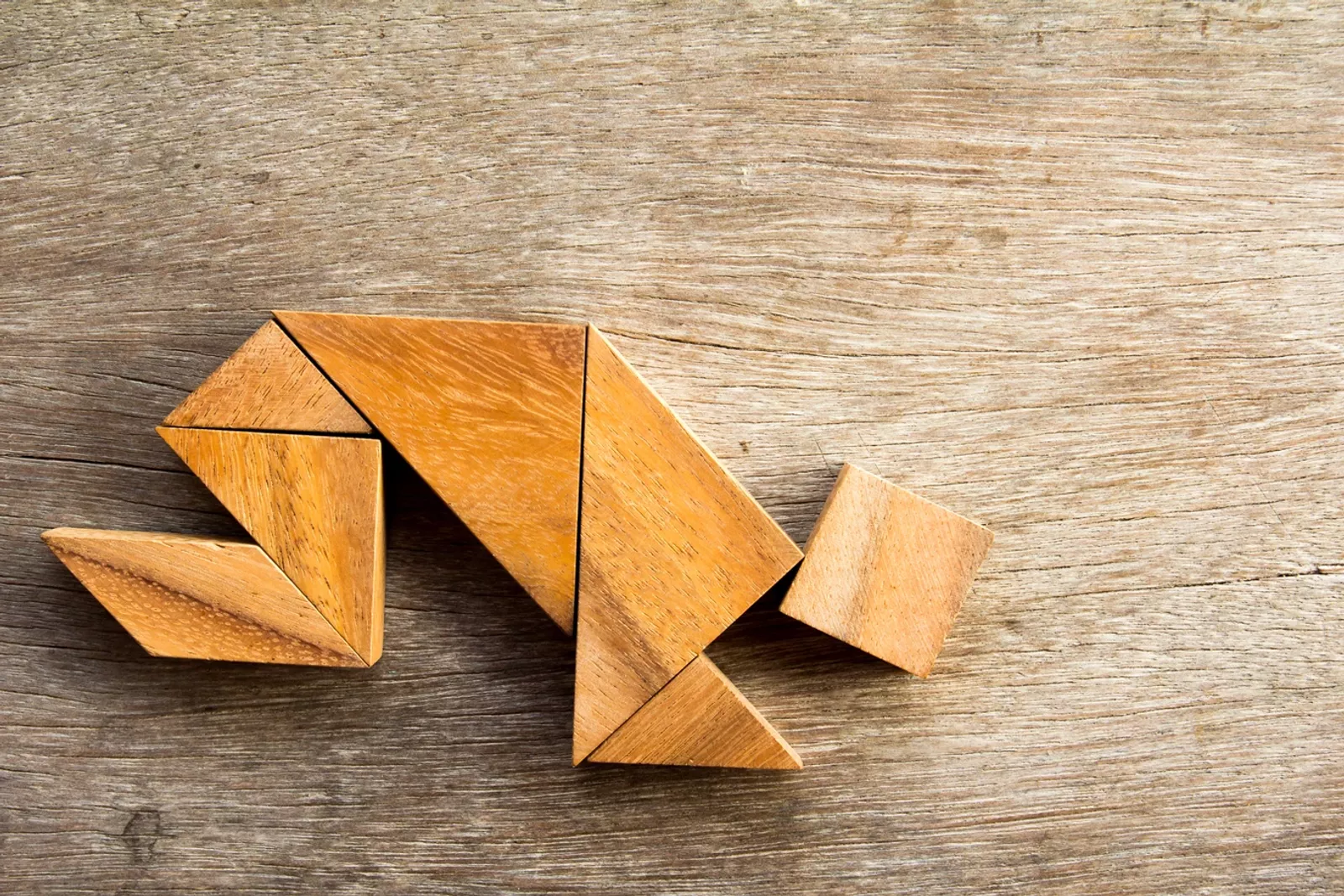Eating Nails: Hierarchical Humanism
“I’m your father - if I tell you to eat nails, you eat nails” – a close translation of a phrase my father would use on me time and time again during our disagreements. You see, there was no fear of God in our house. We were a Buddhist family; between that and the traditional Vietnamese upbringing there was only fear of dishonor, fear of shame, fear of disapproval. The values instilled in me were filial piety, diligence, and kindness – in that order. I was raised, more or less, as a humanist.
Dishonor meant the loss of reputation or prestige. Even the most minor of interactions could cause dishonor. When we would see extended family and family friends, my sister and I were expected to bow to every single elder in the room and greet them by proper pronoun. Vietnamese has over a dozen pronouns – each denoting your relationship to the person being addressed, often describing their relationship to your mother or father by age, familiarity, or rank. If we got any of these pronouns wrong, we would not have given due respect to the relationship they had with our parents. Elders would then criticize our parents for not teaching their children properly and that would, of course, trickle down. In a way, attending social events was like navigating the etiquette of an ancient imperial court. We learned.
Shame meant feeling like we weren’t good enough. It was something my sister and I grappled with our entire lives. Our parents would practically sing to us the praises of our cousins, while constantly downplaying our accomplishments to others. Beyond that, elders often greeted us with judgments about our appearance or weight without a second thought. Aunts and uncles asked about our grades. Even now they ask us what our salaries are or how much we have in savings. We were constantly compared, explicitly or implicitly, to our cousins. We endured.
Disapproval meant being told explicitly that we were wrong. We hardly made any decision without considering whether Mom or Dad would disapprove. Sometimes we would set out to do something to make them proud, only to get the complete opposite reaction. You see, my parents spent most of my childhood telling me that I needed to become a doctor like my cousin. Naturally, everything I did went towards furthering this goal. Eventually, I shared with them my intent to apply to a prestigious university about three hours away with a strong pre-medical program that even fed into one of the medical schools here in Houston. “How dare you?” was the first thing out of their mouths. “How dare you try to abandon this family?” The program, they could accept; the distance, they could not. I stayed.
Humanism can be ugly too – without reasoning, mutual respect, and discourse, dogmatic societal constructs often rule the day. East Asian societies are often credited with having some of the first widespread humanist societal structures. However, that societal structure was based entirely on a specific hierarchy where the respect only flowed one way – up. Humanism is seen in the West as empowering; I have seen firsthand how it can be used to oppress. At Oasis, I see a side to humanism that I wasn’t exposed to in my early life. Everyone’s voice is important. Everyone has a valid perspective. Everyone is human.

